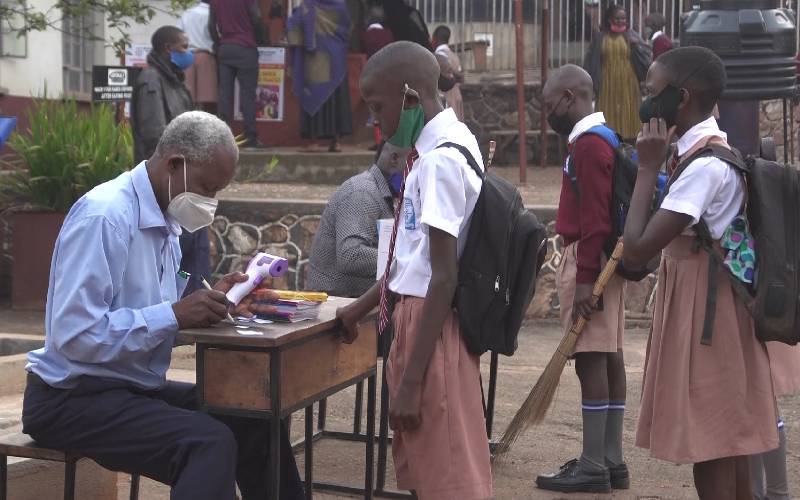×
The Standard e-Paper
Stay Informed, Even Offline

Schools in Uganda are resuming learning after close to two years of closure to curb the spread of Covid-19. [Godfrey Badebye, Standard]
Schools in Uganda are resuming learning after close to two years of closure to curb the spread of Covid-19.